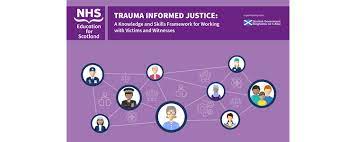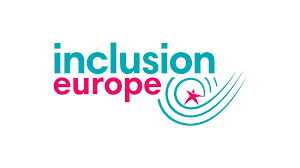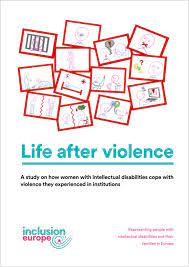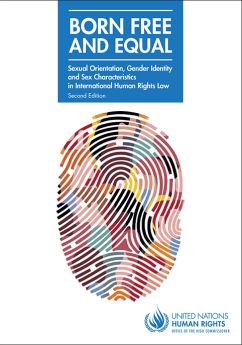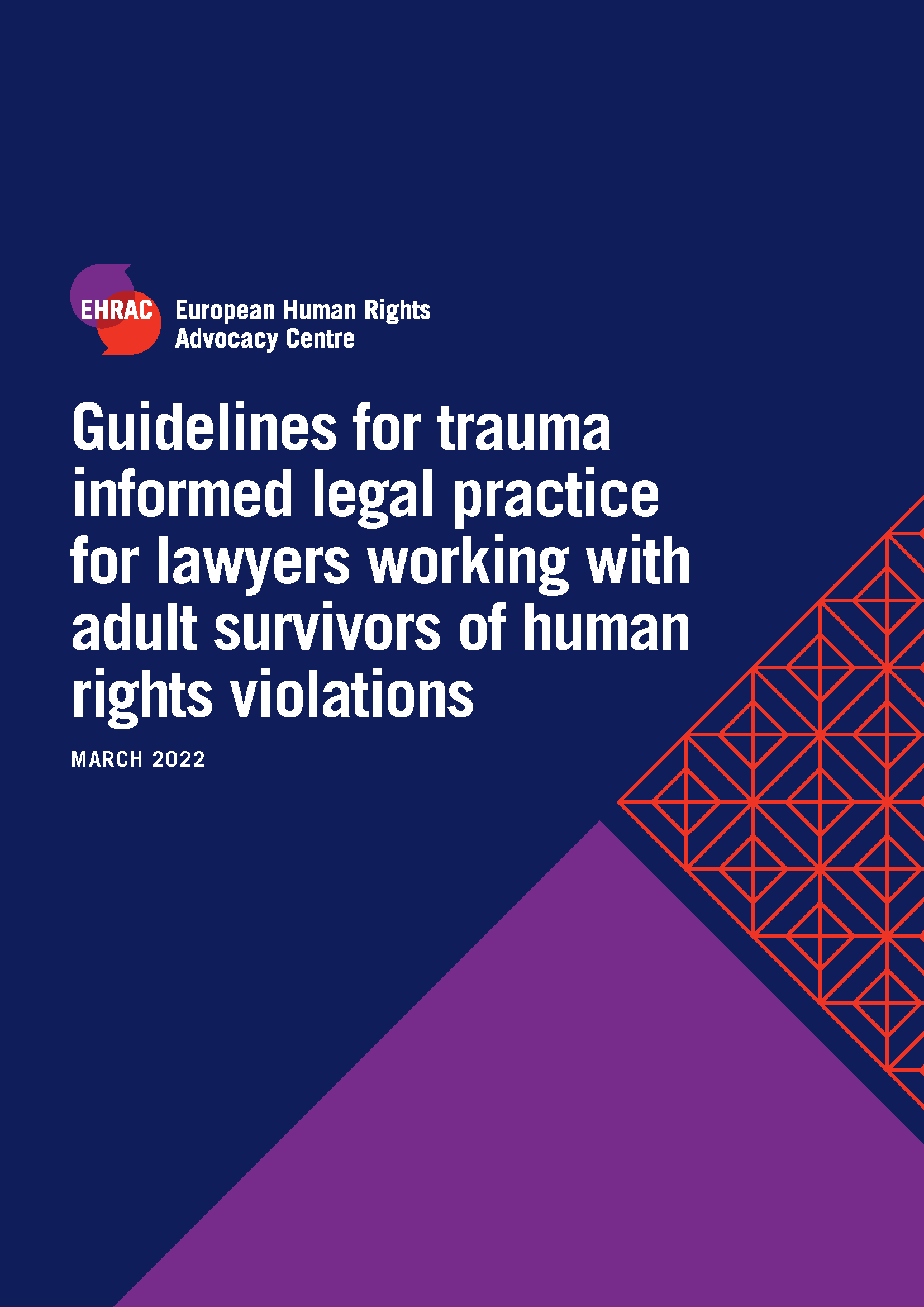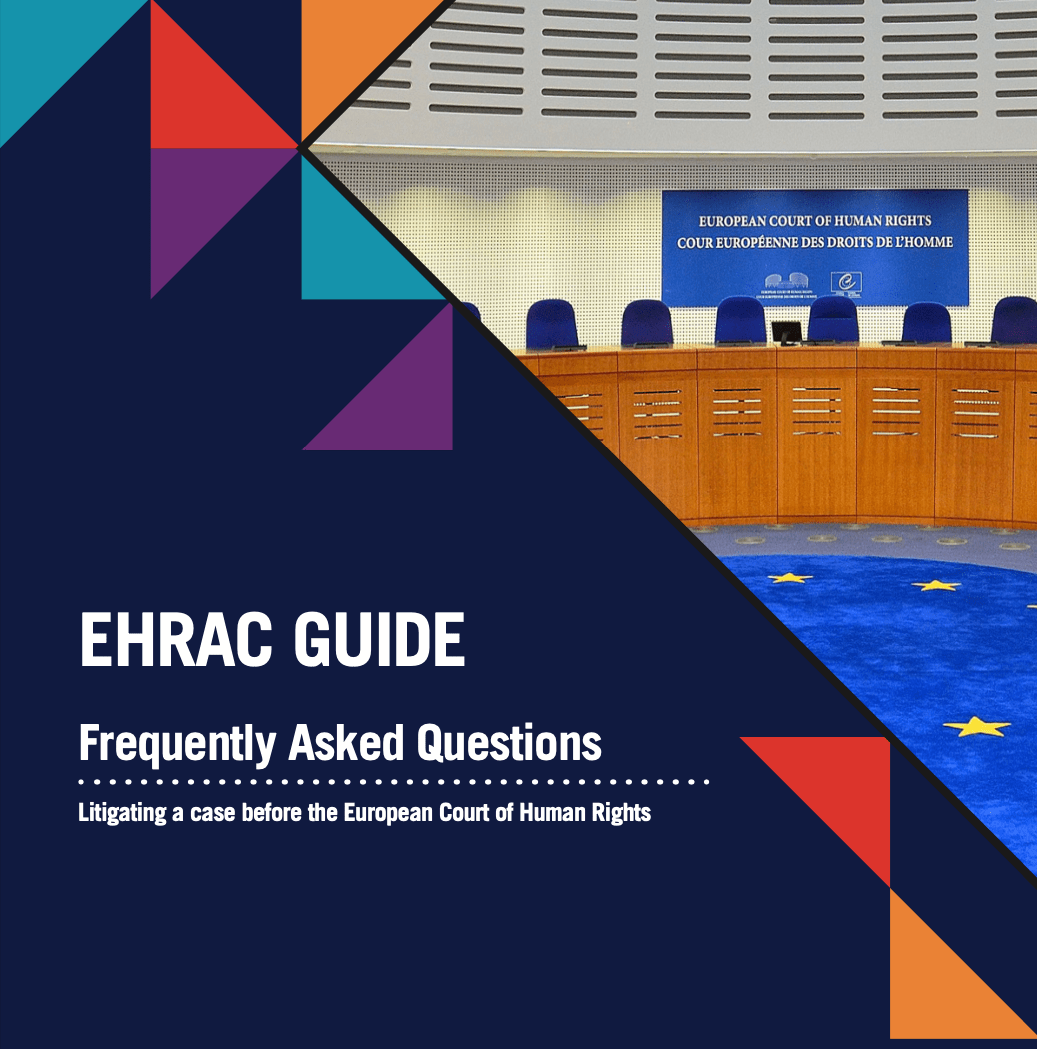- Home
- Knowledge Database
For a quick search in the Knowledge database below, please use the search box. Also, note that using one or more of the dropdown filters will optimise your search.
Watch this video to find out more about our Knowledge Database and the publications we have collected here for you: video
Knowledge Database
-
Considerations for Recording Human Trafficking Victim Interviews
International Association of Chiefs of Police, AEquitas,The John Jay College of Criminal Justice | Published in 2023
The guide aids multidisciplinary anti-human trafficking task forces in considering the advantages and disadvantages of recording human trafficking victim interviews when developing victim interview policies, processes, and protocols.
Keywords: guidance, human trafficking -
A Quarterly Technical Assistance Journal on Disaster Behavioral Health
The Substance Abuse and Mental Health Services Administration (SAMHSA) Disaster Technical Assistance Center (DTAC) | Published in 2023
The Dialogue is a quarterly technical assistance journal on disaster behavioural health which is produced by the Substance Abuse and Mental Health Services Administration (SAMHSA). Disaster Technical Assistance Center (DTAC). Through the pages of The Dialogue, disaster behavioral health professionals share information and resources while examining the disaster behavioural health preparedness and response issues that are important to the field. The Dialogue also provides a comprehensive look at the disaster training and technical assistance services SAMHSA DTAC provides to prepare states, territories, tribes, and local entities so they can deliver an effective disaster behavioural health response.
Keywords: disaster, emergency, guidance -
Preventing and responding to gender-based violence during the war and in post-war settings Experiences and recommendations of women’s NGOs
WAVE (Women Against Violence Europe) and Organisation for Sacurity and Co-operation in Europe (OSCE) | Published in 2022
This Toolkit is a result of the project launched by the WAVE (Women Against Violence Europe) collaboration with OSCE with the aim to improve the support to survivors of violence and civil society organizations (CSOs) in conflict and post-conflict areas. Based on the the expertise of women’s organizations, this toolkit presents not only the harm and challenges posed by conflicts but also documents promising first-hand practices with concrete examples from four WAVE members, including their initiatives and recommendations as women’s organizations who experience and have experienced war.
Keywords: gender based violence, guidance, war crimes -
Identifying Needs and Strengthts: A Practitioners Manual on Client Engagement: from Trust Building to Resilient Behavior
Hedayah, the International Center of Excellence for Countering Extremism and Violent Extremism | Published in 2023
This manual follows the publication of Hedayah's "Blueprint of a Rehabilitation and Reintegration Center- Guiding Principles for Rehabilitating and Reintegrating Returning Foreign Terrorist Fighters and Family Members" and represents a concrete operational tool for practitioners. Notably, it draws considerations on how practitioners can successfully assess and handle relationships with individuals who may be potentially or actually involved in extremism and/or violent extremism. It does not focus on one specific type of “extremism” and can be applied widely. While it can be a useful resource, it does not present itself as the ”ultimate response” to the challenge of assessing and handling individuals affected by extremism and/or violent extremism. In fact, the debate on how to assess, screen and categorize these individuals' needs is still very much ongoing and there are no final solutions for it yet. In this context, the limitation of this manual is also that it does not represent a validated assessment tool. Instead, it offers guidance, practices and templates with the aim to support practitioners in further contextualization and validation, according to their own context of reference.
Keywords: support, trauma, victimisation, violence -
Trauma Informed Justice: A Knowledge and Skills Framework for Working with Victims and Witnesses
NHS Education for Scotland in partnership with Scottish Government | Published in 2023
The aim of the publication was to create a shared language and understanding around what a trauma informed and responsive workforce looks like, and to clarify what we need to know and are able to do in order to recognise and where possible reduce the prevalence and impact of trauma; respond in ways that reduce the impact of trauma and re-traumatisation on accessing life chances and services, and support recovery.
Keywords: guidance, prevention, support, trauma, victimisation -
Why are people with intellectual disabilities still being put at risk of institutionalisation?
Inclusion Europe | Published in 2012
Discussion paper on risks of (re)institutionalisation answers the question: Why are people with intellectual disabilities still at risk of institutionalisation and what is the risk of having to return to an institution?
Keywords: disability, discrimination -
Life after violence A study on how women with intellectual disabilities cope with violence they experienced in institutions
Inclusion Europe | Published in 2018
Women with disabilities experience violence at significantly higher rates than women without disabilities, more frequently, for longer, in more ways, and by more perpetrators; they have considerably fewer pathways to safety, and are less likely to report experiences of violence. This is especially true for women with intellectual disabilities, above all if they live in long-stay residential institutions. In the context of the Life After Violence project, Inclusion Europe did a study on how women with intellectual disabilities cope with violence they experienced in institutions, after they have left them. The report was based on in-depth interviews with 10 women.
Keywords: disability, discrimination, gender based violence, violence -
Born Free and Equal: Sexual Orientation, Gender Identity and Sex Characteristics in International Human Rights Law (2nd Edition)
Office of the United Nations High Commissioner for Human Rights (OHCHR), and the Equal Rights Trust | Published in 2019
This second edition of Born Free and Equal takes into account developments since the publication of the first edition in 2012, including decisions by the United Nations, and regional and national human rights bodies. It sets out the source and scope of the legal obligations of Member States in respect of the rights of LGBTI people, and also integrates, for the first time, recommendations in respect of the rights of intersex persons. It is designed as a tool for States, to help them better understand the nature of their obligations and the steps required to meet them, as well as for civil society activists, human rights defenders and others seeking to hold Governments to account for breaches of international human rights law.
Keywords: gender based violence, guidance, violence -
Guidelines for Trauma Informed Legal Practice for Lawyers Working With Adult Survivors of Human Rights Violations
European Human Rights Advocacy Centre (EHRAC) | Published in 2022
Trauma Informed Legal Practice [‘TILP’] describes an approach to providing legal services that is responsive to the needs and experiences of survivors of human rights abuses. These Guidelines provide advice for how lawyers can integrate TILP into their work. The Guidelines outline the importance of understanding the impact of trauma on survivors of human rights violations and the prevalence of trauma among clients who experience human rights abuses.They seek to outline organisational and individual practices that can facilitate effective lawyer-client relationships with diverse communities of survivors. The Guidelines also provide a non-exhaustive set of recommendations for how lawyers can support survivors throughout legal processes to reduce the possibility and impact of re-traumatisation. Finally, they outline ways lawyers can identify and cope with secondary trauma.
Keywords: guidance, support, trauma, victims' rights -
EHRAC Guide to FAQ – Litigating a case before the European Court of Human Rights
European Human Rights Advocacy Centre (EHRAC) | Published in 2021
EHRAC’s FAQ guide is intended to provide assistance to lawyers litigating these cases by providing answers to some of the questions that we are most often asked. The guide provides information about evidence gathering, applying for interim measures, preparing your application, other practical information about the initial stage of the proceedings, and information about how your application is processed.
Keywords: guidance, justice, support, victims' rights
© 2024 VSE, All Rights Reserved




